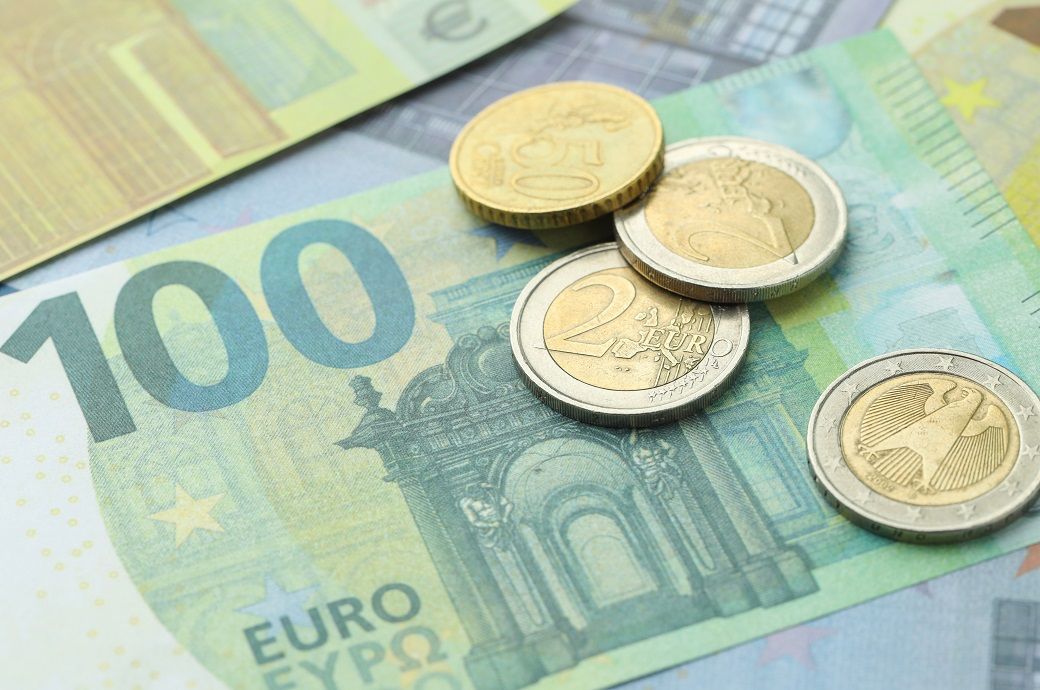The employment expectations indicator (EEI) stayed broadly unchanged compared to June in both areas: minus 0.3 points to 97.4 in the EU and plus 0.3 points to 97.5 for the euro area. Both indicators score below their long-term average of 100.
The upturn in the ESI for the EU was driven by higher confidence in industry, services, retail trade and a marginal improvement in consumer confidence.
The economic sentiment indicator picked up in both the EU and the euro area in July, European Commission surveys show.
The employment expectations indicator was broadly unchanged compared to June in both.
Industry and consumer confidence rose in July in the EU.
Retail trade confidence improved by 0.8 points in the EU in July, despite retailers’ assessment of the past business situation dropping markedly.
Amongst the largest EU economies, the ESI improved markedly in France (plus 2.4), Spain (plus 2.2), Germany (plus 1.2) and, to a lesser extent, in Italy (plus 0.4), while it remained broadly stable in the Netherlands (minus 0.2) and decreased markedly in Poland (minus 2.1).
Industry confidence rose by 0.9 points in July in the EU, driven by managers’ brighter production expectations and slightly improved assessments of the current level of overall order books, an official release said.
Managers’ assessment of stocks of finished products remained broadly stable in the EU. Of the questions not entering the confidence indicator, also managers’ assessment of export order books edged up, while their views on trends in past production worsened.
Consumer confidence ticked up in July (plus 0.3) in the EU. Consumers’ perception of their households’ financial situation, both backward- and forward-looking, and their intentions to make major purchases improved, while their expectations about the general economic situation in their country worsened.
Retail trade confidence improved by 0.8 points in the EU in July, despite retailers’ assessment of the past business situation deteriorating markedly. This decline was more than offset by sharply higher expectations about the future business situation and an improved evaluation of their volume of stocks.
Managers’ employment expectations in the EU industry remained unchanged. Consumers’ unemployment expectations, which are not included in the headline indicator, improved in July.
Selling price expectations picked up strongly in the EU industry and, to a lesser extent, in retail trade and construction. Selling price expectations score above their long-term averages in all sectors.
Consumers’ price expectations for the next 12 months picked up markedly in July in the bloc. In contrast, their perceptions of past price developments decreased marginally further. Both assessments remain elevated.
The economic uncertainty indicator (EUI) increased by 1 point to 17.3 in July this year in the EU. Industry managers reported a marked increase in uncertainty about their future business situation, while uncertainty decreased in retail trade.
Consumers’ uncertainty about their future financial situation declined as well in the EU.
Fibre2Fashion News Desk (DS)
